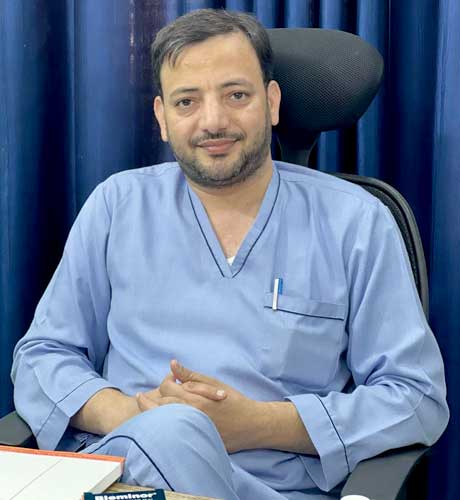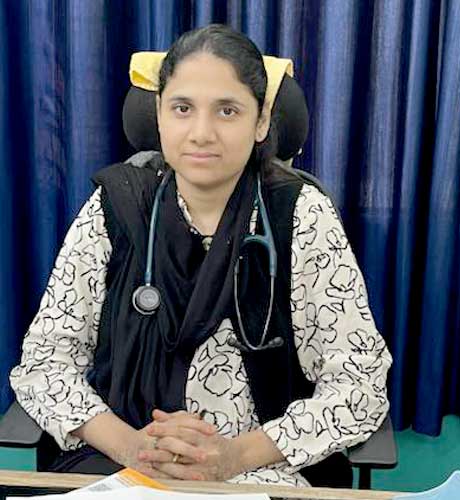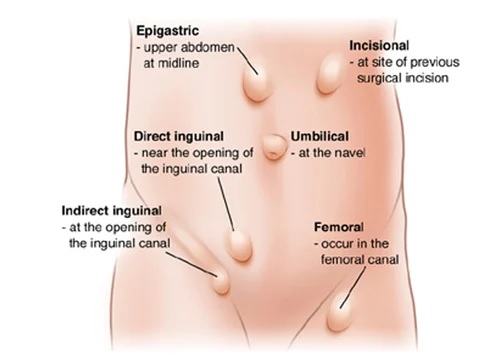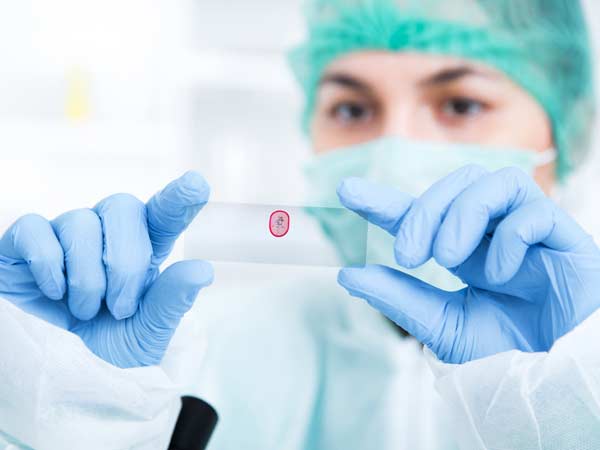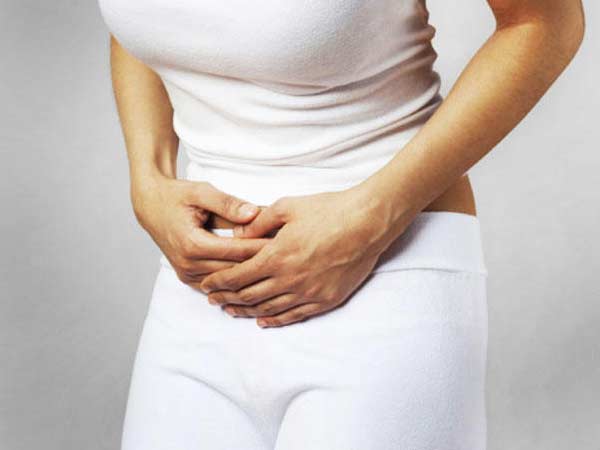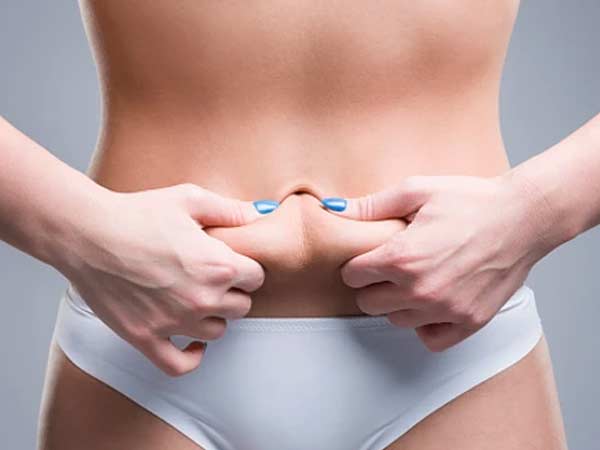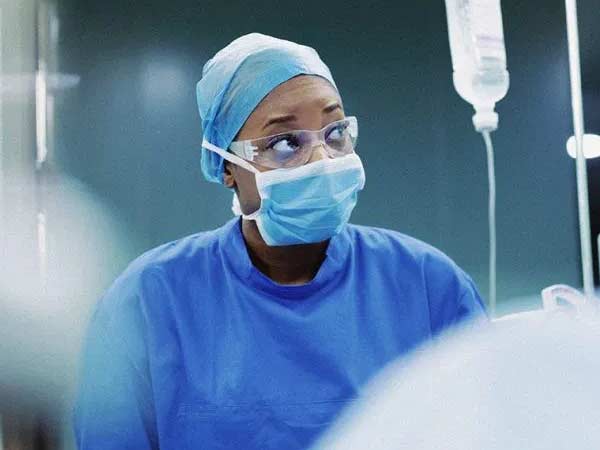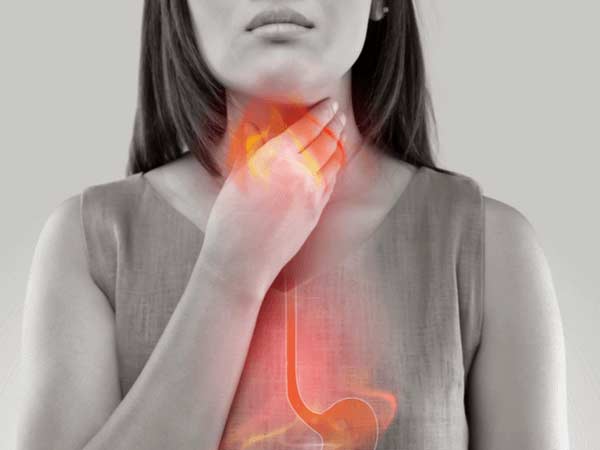What is biopsy surgery – lymph node removal?
Swollen lymph nodes usually occur as a result of bacterial or viral infection. Rarely, swollen lymph nodes are caused by cancer.
Your lymph nodes play a vital role in your body’s ability to fight infection. They work like filters, trapping viruses, bacteria, and other causes of disease before they can infect other parts of the body. Common areas where you might notice swollen lymph nodes include the neck, under the chin, in the armpits, and in the groin.
Biopsy-excision is a surgical procedure to remove a piece or all of a lymph node. It is usually done to have a sample and perform a histopathological study. Sometimes it is necessary to remove a group of lymph nodes located in the same area of the body; this procedure is called lymphadenectomy. It is a common surgery and carries a small risk of complications. In most cases, you will be able to go home the same day as the intervention.
Previous considerations
Before any surgery, an assessment should be carried out by the anesthetist where they will advise you which medication you should stop taking and which you should continue taking. Sometimes you must be evaluated by another specialist if you have underlying diseases.
In the case of anticoagulant treatment or treatment that facilitates bleeding, the anesthesiologist, haematologist, cardiologist or family doctor will inform about the attitude to follow.
In the case of smoking, the habit should be stopped because it facilitates anesthetic management, smoker patients have more complications than smokers in anesthetic procedures.
It is recommended to perform moderate-intensity exercise before any intervention, unless there is a specific contraindication, such as walking at least 60 minutes a day.
How is the preparation prior to the intervention?
FOOD AND MEDICINE
In preparation for a lymph node biopsy, your surgeon may ask you to:
- Do not eat anything before surgery. You may have a sip of water with your medications, but avoid eating and drinking for at least six hours before surgery.
- Discontinue certain medications and supplements. Talk to your doctor about all medications and supplements you take. You continue to take most medications as directed by your doctor. Your doctor may ask you to stop certain medications and supplements because they can increase your risk of bleeding.
How is the surgery performed? (type of incision, resection, type of drainage, anesthesia)
BEFORE THE INTERVENTION
A biopsy – lymph node removal is performed with different types of anesthesia: general, spinal or local and general sedation depending on the size and location of the abnormal node. Numbing medications are given intravenously in your arm or through a catheter in your spine. Once the medications take effect, the health care team will insert a tube down your throat to help you breathe if it ends up being general anesthesia.
DURING THE PROCEDURE
During a biopsy – lymph node removal, the surgeon makes an incision, opens the fat until reaching the area where the affected nodes are, and proceeds to the removal. The wound is then sutured and you are transferred to a recovery area. This intervention will not last more than thirty to sixty minutes.
Sometimes it is necessary to place a tube or drain inside the abdomen (from the wound) with an outlet through the skin to allow the discharge of fluid from the area where the node was. This tube will be removed prior to discharge home.
What happens after the surgery?
After surgery, the patient slowly awakens from the effects of the anesthetic drugs, so they may have a feeling of not remembering the process. He will spend a short period of time in an area called post-anesthetic recovery, before being taken to his room.
HOW IS THE RECOVERY IN THE HOSPITAL?
It is possible to feel nausea or abdominal pain after the intervention but they will be controlled with the prescribed medication. After a few hours, you will begin with the intake of liquids and then solid foods. We recommend sitting down and starting to walk around 4-6 hours after the intervention. You will be supervised by nursing staff at all times.
If your surgery was performed in the morning and you have no previous illnesses, you may be discharged at the end of the day. If your surgery took place in the afternoon, you will usually leave the next day.
HOW IS THE RECOVERY AT HOME?
Our premise is to be active in recovery. For this reason, we encourage the patient to walk daily, we recommend walking at least 60 minutes each day both inside and outside the house. Important physical efforts that may affect wound healing should always be avoided.
When you are discharged home, you will be prescribed medication to make you feel as comfortable as possible. You will resume your previous medication following the surgeon’s recommendations, since some drug may not be recommended in the first days after surgery. Normally the taking of painkillers is indicated to control the pain and occasionally heparin injections will be prescribed to prevent the appearance of thrombi in your legs.
In relation to food, we recommend your usual diet.
You can wet your wounds when you wash yourself and then gently dry them with the application of any antiseptic (chlorhexidine, povidone-iodine, crystalmine…). These wounds should be evaluated by nursing around 7 and 10 days after surgery.
Virtually full recovery can take approximately one to two weeks.
What are the risks of biopsy – lymph node removal?
The normal thing is that your intervention proceeds without incidents but you must know the potential complications.
Less serious and frequent risks: Infection, bleeding or alterations in the healing of the surgical wound. Phlebitis. Prolonged pain in the area of the operation.
Infrequent and serious risks: Major bruising or infection. Disease recurrence.
These complications are usually resolved with medical treatment (medicines, serums, etc.), but they may require a reoperation, usually an emergency, and in exceptional cases death may occur.
Your risk of complications depends on your overall health and the reason you’re having this surgery.

